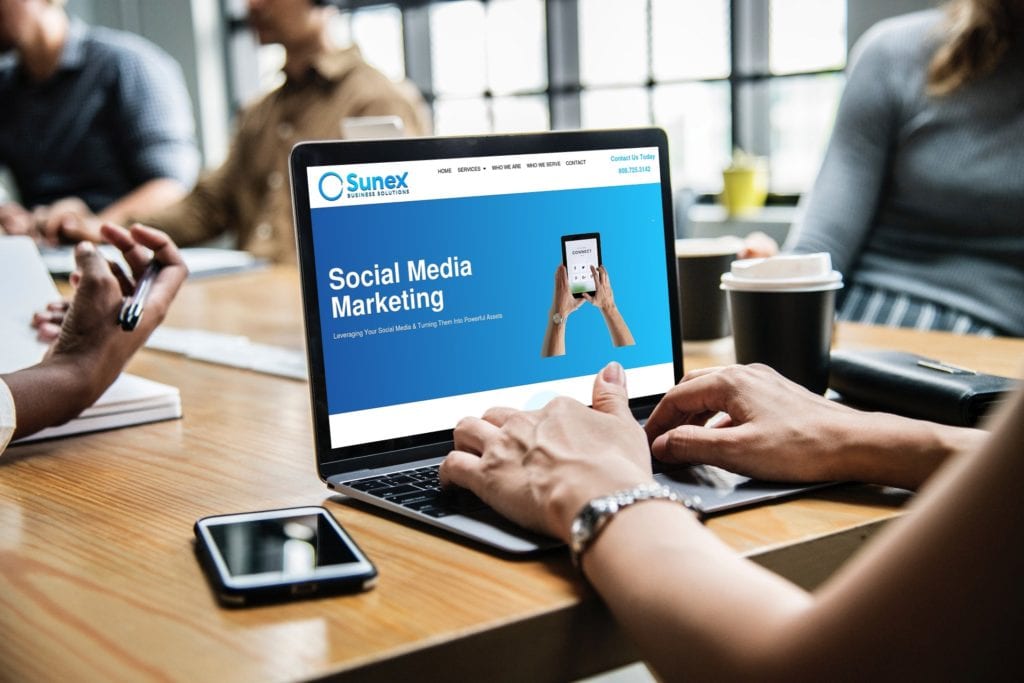
When Google came out and became the default search engine for everyone, marketing experts realized the value of getting on Google search results. That’s because practically everyone uses Google to find things, including products to buy, restaurants and shops to go to, and services to receive. That’s why for many years, everyone focused on the idea of using SEO (search engine optimization) to get on the first page of Google search results.
But today, the idea of using only SEO and organic search isn’t particularly effective. Now you need to advertise through Google ads as well if you want to compete for customers through Google. Here are some reasons why.
1. SEO Takes a Lot of Time
There was a time when black hat SEO operatives were able to game the search engine system through various tricks like using various keywords indiscriminately. Nowadays, such methods are no longer effective. Too many websites have found out that these devious strategies risk ruinous penalties like getting suspended from Google results, and so the risk is too great and the benefits are too few and insignificant in comparison.
The problem is that doing SEO requires months before you see tangible results and your website improves its rankings for various keywords. In contrast, you can get instant visibility with Google paid ads.
2. SEO Isn’t Free
Proponents of SEO like to harp that SEO is free. You can do it yourself for your own website just by reading articles with SEO tips. But this view isn’t entirely accurate because when you do SEO yourself, you’re not maximizing the benefits you can reap. It takes an SEO pro to do everything you need to have done to optimize a site properly.
But when you get an SEO pro to do the work for you, you’re going to have to pay for their services. These services will be ongoing, and the sum total can be quite expensive.
You also pay for Google paid ads, of course. But then again, the returns include instant results with your brand prominently displayed at the top of the search results.
3. The Decreasing Presence of Organic Search Results
It must also be acknowledged that since 2014, the real estate for organic results in the first page of Google search results has been downsizing continuously. The ads are getting a lot of that space instead.
You’ve got paid ads up top of the results, and then there are Local Service Ads if the user is looking for a local service like a garage mechanic or a plumber, and then you’ve got maps and reviews of services.
Getting on top of organic search engine results isn’t getting the prominent spot that it used to provide. Now you’re more likely to get on the 2nd page of results, and very few people (about 10% of Google users) bother to visit the 2nd page.
The problem is even worse with mobile search, which is now a lot more common that using desktop PCs. Even if you get on the very top of the first page of results, users still need to scroll down twice to find the link to your site.
So again, working for placement in organic search results is a fine, laudable goal. But you must realize that its importance now isn’t what it used to be just 5 years ago.
4. The Effectiveness of Paid Ads
Some SEO traditionalists still insist that paid ads aren’t good because people know they’re paid ads, so they won’t click on them. While this sounds fine in theory, it’s contradicted by actual online search engine behavior. It’s been discovered that when Google users use the search engine to buy something online (which is the type of Google user a business ought to target), 64% of them actually click on ads.
Well, why not? After all, such an ad directs them to what they’re looking for. These ads may be ignored by people who are only looking for information, but then again this type of online user isn’t as important as the people who are actively online to buy something.
What’s more, half of Google users don’t even realize the differences between paid ads and an organic result! The “ad” signs are too subtle that some people don’t even notice. They’re not on a different-colored background anymore, so they’re harder to differentiate.
5. Google Won’t Stop Doing This
These changes make sense because Google is a profit-driven company, just like any other business enterprise. Google doesn’t actually get paid when users click on a link for an organic search result. That’s a free service for users and for websites.
They only get paid when the user clicks on an ad, which is why it’s called a pay-per-click model. If you click on an ad, then the website pays each time.
In 2013, Google was making a little over $51 billion through its advertising platform. The search engine’s changes have increased the visibility of paid, and by the end of 2017 Google was earning an annual income of almost $100 billion from its advertising platforms. Why would they want to change back, when it will cost them about $50 billion a year?
What this means is that you will have to change your marketing strategies instead. It’s time for you to accept that SEO and organic search, while still important, cannot be the be-all and end-all of your search engine advertising.
You’ve got to pay for ads. That’s the simple truth. If you don’t, you’ll just end up paying a much worse penalty. You get to see your customers flocking to your competitors, because they used and budget for paid ads.
What you should realize is that Google isn’t shaking down your business when you seem required to use Google paid ads. Instead, you need to recognize that Google paid ads actually work. With the right strategy, you gain more money than what you spend. That’s what a good investment is!
Learn more about Sunex’s Digital Marketing Services.
